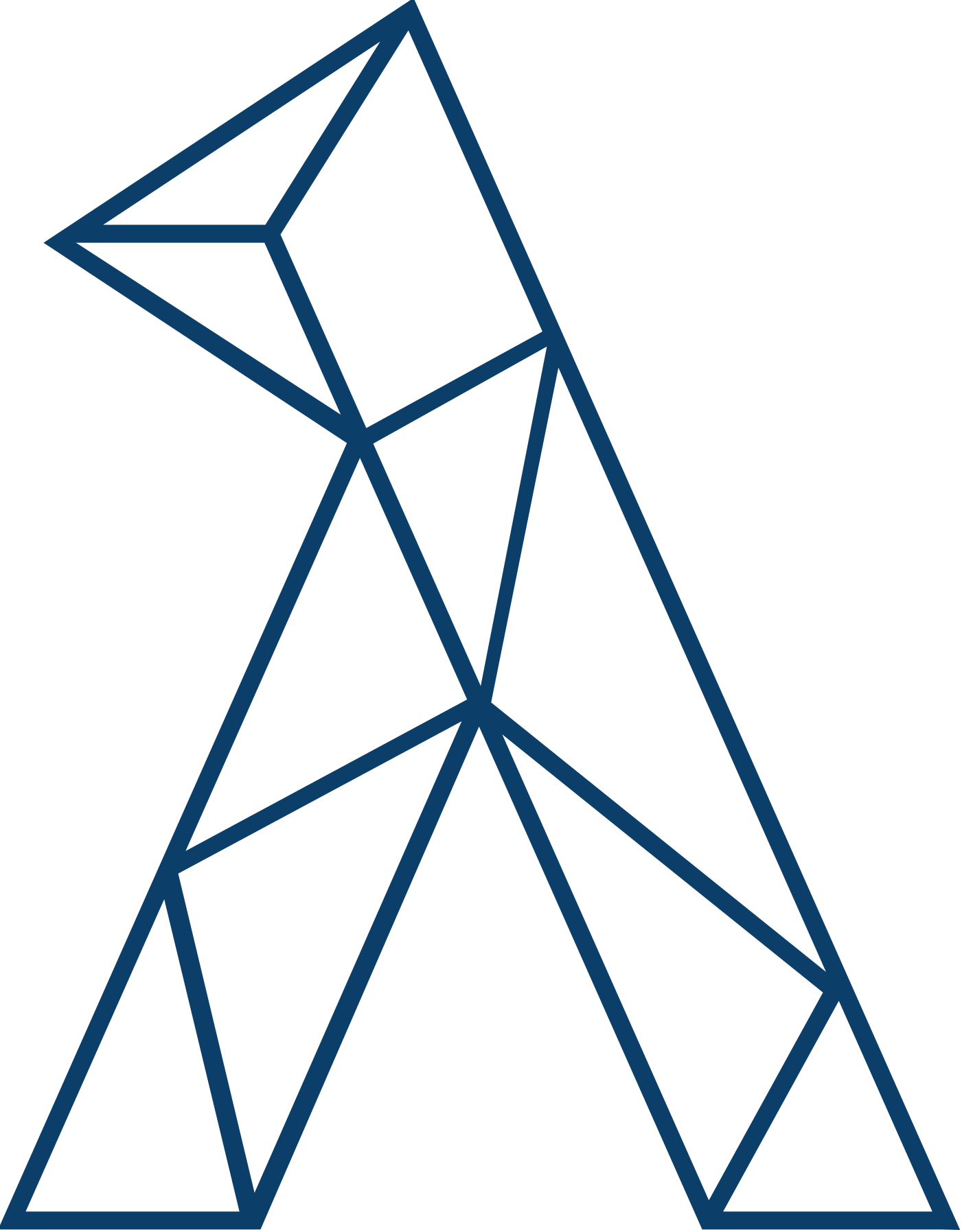LoFI
Artificial intelligence (AI) systems’ natural language processing capabilities have made remarkable strides in recent years. Beyond their numerous commercial applications, these advances suggest that AI systems might be powerful tools for deepening our understanding of how humans comprehend natural language. A major obstacle to using them for this purpose is that, while they seem to simulate certain aspects of reasoning by analogy quite well, their capacity to simulate complex logical reasoning shows much room for improvement. With the aim of addressing these shortcomings and thereby deepening our scientific understanding of human language, this project develops a framework for integrating complex logical reasoning capabilities into the components of AI systems that make their ability to reason by analogy possible. To support the development of this framework, the project develops a large dataset capturing the logical relationships among sentences in three languages.
In addition to producing foundational software and data artifacts for both artificial intelligence and language science researchers, both components of this project will be tightly integrated with the graduate and undergraduate curricula in computational linguistics at the University of Rochester. Through this integration, the project will serve as a vehicle to enhance programming and statistical literacy as well as data collection and data management skills through training with hands-on applications at both the undergraduate and graduate levels. It will additionally support the development and implementation of the curriculum for a new BS in Computational Linguistics at the University of Rochester as well as open courseware based on this curriculum, which can be used for the deployment of similar programs at other universities.
LoFI is supported by a National Science Foundation CAREER award (BCS-2237175).



